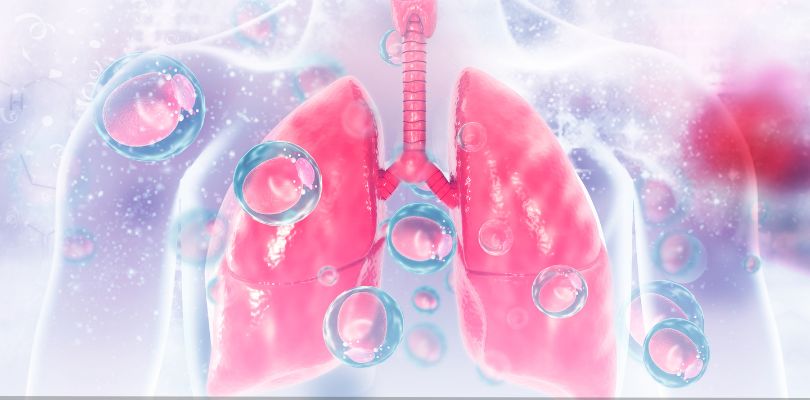Healthy Lungs, Healthy Life
Pneumonia is a serious lung infection that can affect people of all ages. It inflames the air sacs in one or both lungs, which may fill with fluid or pus, causing symptoms that can range from mild to life-threatening. To help, there's Prevnar 20, a vaccine used to help prevent pneumonia. It works by stimulating the body's immune system to produce antibodies, reducing the risk of developing pneumonia.
Drinks That Can Weaken Your Lungs
- Alcohol: Heavy drinking can impair the immune system and reduce the lungs' ability to clear infections.
- Sugary sodas: High sugar content can lead to inflammation and weaken the immune system.
- Energy drinks: These contain high levels of caffeine and sugar, which can cause dehydration and affect lung function.
- Full-fat milk: This can increase mucus production, making it harder to breathe.
- Sweetened iced teas: Often high in sugar, contributing to inflammation.
- Processed fruit juices: Lack fiber and contain added sugars, leading to inflammation.
- Artificially flavored drinks: Contain chemicals and preservatives that may irritate the respiratory system.
- Specialty coffee drinks: High in calories and sugar, potentially leading to inflammation and weakened immunity.
Signs of Pneumonia
Recognizing the symptoms of pneumonia early can lead to prompt treatment and better outcomes. Here are some common signs to watch for:
- Cough: A persistent cough that may produce greenish, yellow or even bloody mucus.
- Fever: High fever, often accompanied by chills and sweating.
- Shortness of breath: Difficulty breathing or feeling breathless, especially during physical activities.
- Chest pain: Sharp or stabbing pain that worsens with deep breathing or coughing.
- Fatigue: Extreme tiredness and lack of energy.
- Nausea and vomiting: Sometimes accompanied by diarrhea.
- Confusion: Especially in older adults, confusion or changes in mental awareness can be a symptom.
- Muscle pain: Aches and pains throughout the body.
- Rapid heartbeat: A noticeably increased heart rate.
- Bluish lips or fingernails: Due to lack of oxygen.
Treatment Options for Pneumonia
Pneumonia treatment depends on the type and severity of the infection, as well as the patient’s age and overall health. Here are common treatment approaches:
- Antibiotics: For bacterial pneumonia, antibiotics are the primary treatment.
- Antiviral medications: Used if a virus causes pneumonia.
- Antifungal medications: Prescribed for fungal pneumonia cases.
- Hospitalization: Severe cases may require hospitalization for intravenous antibiotics, oxygen therapy or even mechanical ventilation.
- Rest: Adequate rest is essential for recovery.
- Fluids: Staying hydrated helps to loosen mucus and phlegm.
- Over-the-counter medications: To manage fever and pain, such as acetaminophen or ibuprofen.
- Breathing treatments: Inhalers or nebulizers may be used to open airways and improve breathing.
- Healthy diet: A balanced diet rich in fruits, vegetables and lean proteins can support the immune system.
- Avoid smoking: Smoking cessation is crucial as smoking can further damage the lungs.
- Prevnar 20: Prevnar 20 is a pneumococcal conjugate vaccine used to protect against pneumonia and invasive diseases caused by 20 strains of Streptococcus pneumoniae bacteria. It is designed for adults 18 years and older and provides broad protection by stimulating the immune system to produce antibodies against these bacteria, helping to prevent serious infections such as pneumonia, meningitis and bloodstream infections. By including 20 different strains, Prevnar 20 offers more comprehensive coverage compared to earlier versions of the vaccine, making it a critical tool in reducing the incidence of pneumococcal diseases.
Breath of Knowledge
Pneumonia is a serious condition that requires prompt attention and appropriate treatment. Recognizing the signs and symptoms, avoiding drinks that can weaken lung function and following recommended treatment options can help manage and recover from pneumonia effectively. Always consult with a healthcare professional if you suspect you have pneumonia or if your symptoms worsen. With the right care and lifestyle adjustments, you can support your lung health and overall well-being.
